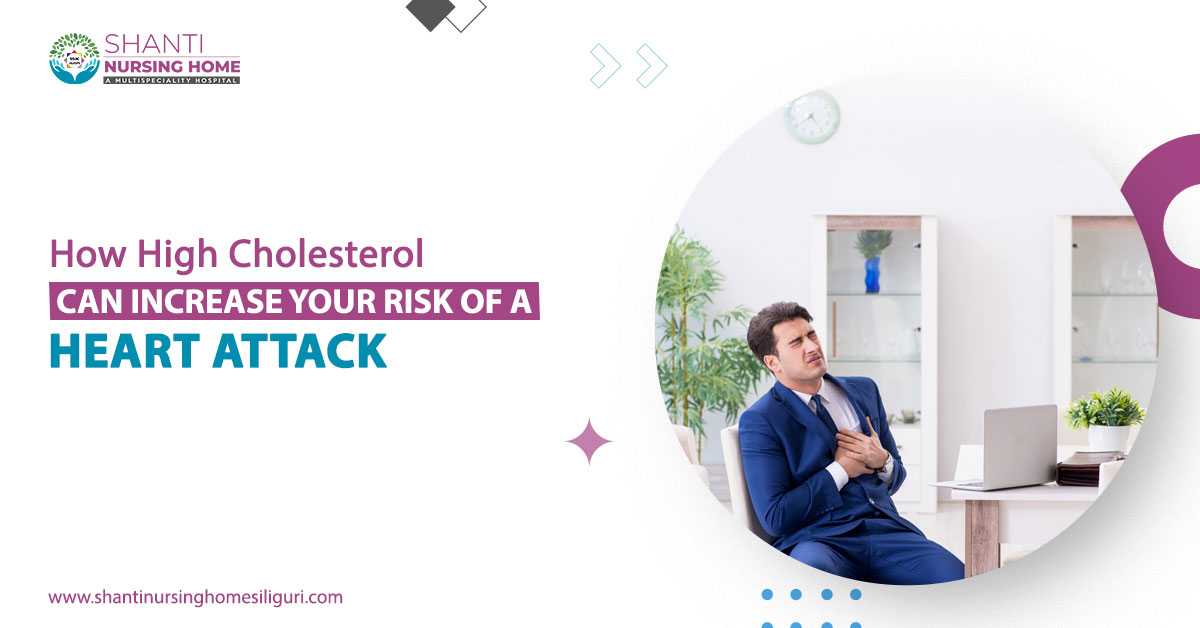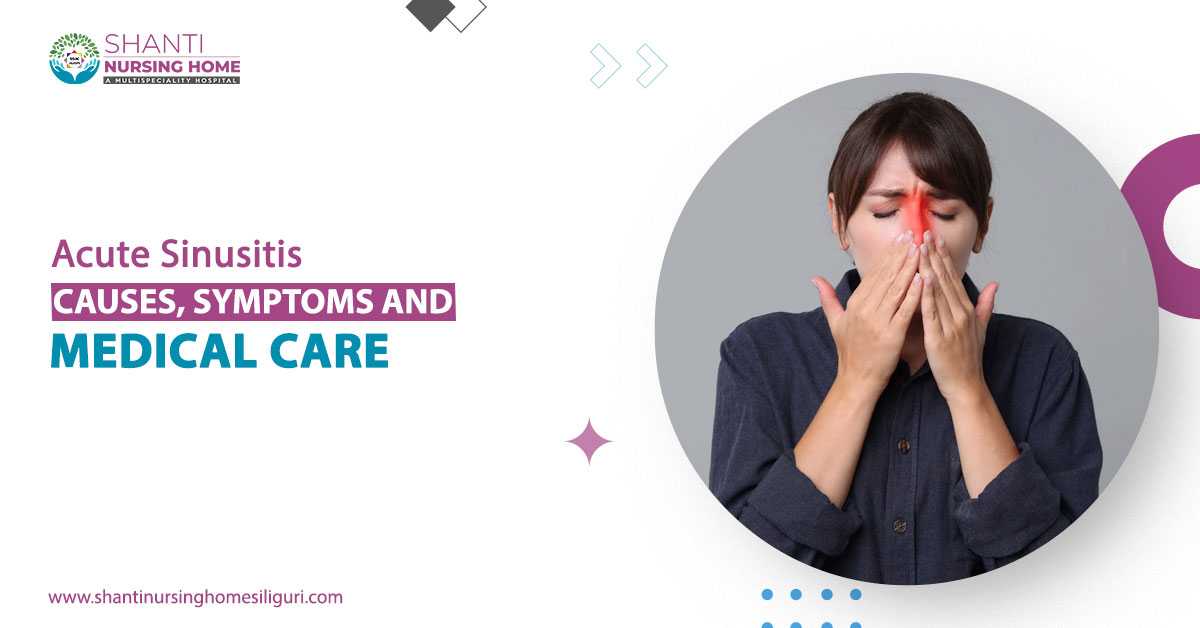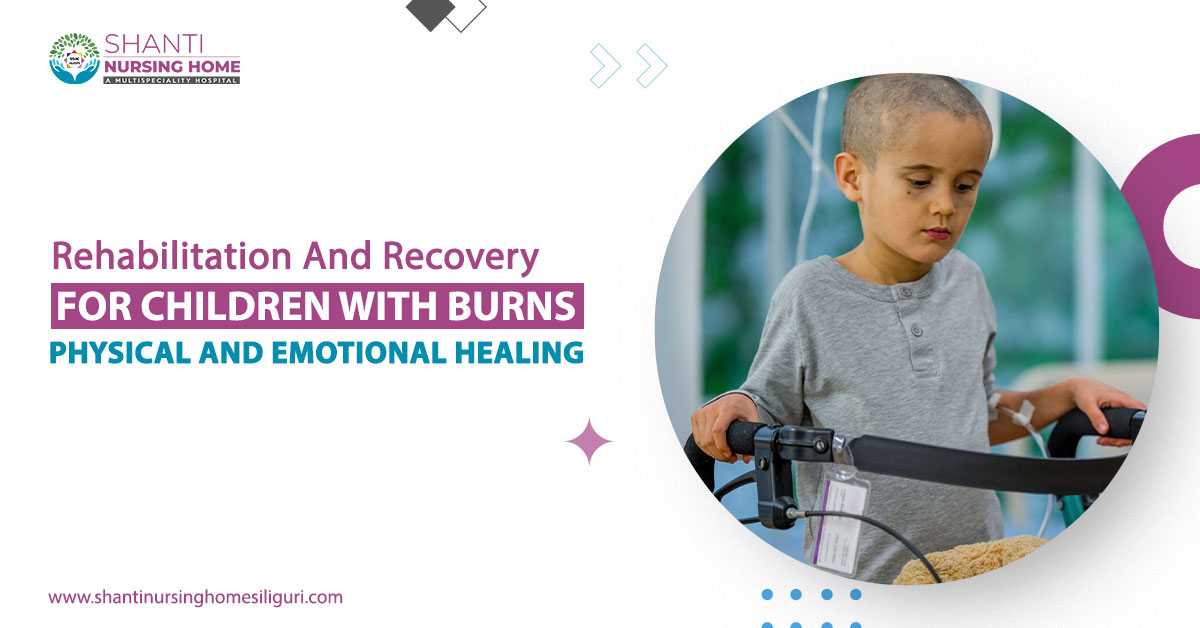Strep throat is a common bacterial infection that mainly affects children but people of any age can also suffer from it. This infection negatively impacting your tonsils and throat can be quite distressing and if not treated properly, it can also spread to the surrounding areas of your throat. You need to visit a nearby hospital in Siliguri where the healthcare providers may prescribe you the required medications to treat strep throat.
You must always be aware of this type of infection, especially during the early spring and winter seasons. Doctors always recommend covering your mouth, washing hands frequently, and not sharing any personal items with anyone to reduce the risks of being affected with strep throat.
Given below is a detailed guide about the common symptoms, causes, complications, diagnosis, and treatment options of strep throat.
- Symptoms
The symptoms of strep throat may vary from person to person. In most cases, the common signs include painful swallowing food, tiny red spots in the roof of your mouth, and fever. Sudden and chronic throat pain can also be associated with strep throat.
The other probable symptoms involve headaches, nausea or vomiting tendency, swollen lymph nodes, and rash. Most of these symptoms indicate a normal viral or bacterial infection and this is proper testing is required before recommending strep throat treatments.
- Causes
Group A Streptococcus is the type of bacteria which is responsible for causing strep throat. This bacteria makes this contagious disease totally different from other cases of sore throat. You may also develop strep throat if you have a family member suffering from the same disorder.
Any direct contact with the bacteria through surface or respiratory droplets can cause strep throat. It is important to visit the best hospital in Siliguri immediately after developing the symptoms to stop it from spreading to others.
- Complications
Without proper treatment at the right time, strep throat can lead to severe complications. If the spread of this infection is not stopped properly then it can affect your middle ear, tonsils, skin, blood, and sinuses.
In such conditions, your body may suffer from various inflammatory reactions including kidney inflammation, scarlet fever, joint inflammation, and rheumatic fever. Children suffering from this condition may also experience serious neuropsychiatric disorders such as tic disorders or OCD.
- Diagnosis
The first step in diagnosing strep throat is to perform a physical examination to assess the experienced signs and symptoms. After examining your condition, the doctor may recommend some tests such as throat culture, rapid antigen test, and molecular test.
In most cases, a rapid antigen test is prescribed where a swab sample is collected from the throat to check for the bacteria causing strep throat. If the results of this test come negative then only the doctor may recommend throat culture.
- Treatments
The most effective treatment option for strep throat is antibiotics. After diagnosing your condition, the doctor will prescribe you oral antibiotics that will take around 48 hours to reduce the severity of the symptoms. This will also help the bacteria to spread to other parts of the body.
If you’re suffering from fever or throat pain due to strep throat then you can also take certain pain relievers to manage the symptoms. You must contact the doctor immediately if your condition doesn’t improve even after 2 days of taking the prescribed medications.
Visiting a reputed hospital in Siliguri is essential to get a speedy recovery from strep throat. The healthcare provider in the hospital will also educate you about the self-care tips to manage strep throat symptoms. Some such measures include drinking sufficient water, gurgling, getting proper rest, and using a humidifier.




